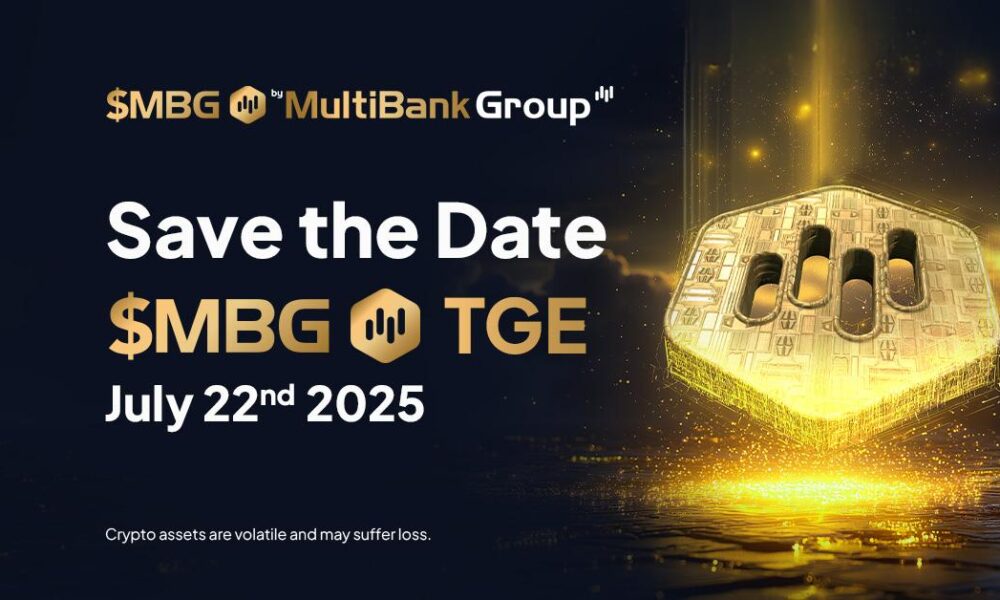The complexity of finance and international exchange can present challenges for those involved with global trade finance and affect their ability to account for the risk of goods throughout the chain accurately. Individuals should use www.bitcode-ai.live when looking for a reputable trading platform.
To address these issues and create new economic opportunities, innovative financial providers are starting to use bitcoin and blockchain technology instead. The Treasury Department’s Financial Crimes Enforcement Network (FinCEN) announced in 2013 that bitcoin should be regulated as a convertible decentralized virtual currency.
Since this announcement, FinCEN has clarified that any person or organization that exchanges, buys, sells, or accepts bitcoin as payment must abide by the Bank Secrecy Act and know their customer.
Banking Opportunities:
Some banks have begun exploring the potential benefits of expanding their services to include cryptocurrencies. For example, the Wall Street Journal reported that a United Kingdom-based online investment platform specializing in trading bitcoin and other alternative assets had opened a bank account with Barclays PLC (Barclays).
It is a positive step towards accepting cryptocurrency as an alternative form of currency and will enable the bank to facilitate the opening of its second bitcoin fund. This bank allows investors to fund initiatives focusing on bitcoin; however, it does not allow investors to purchase the cryptocurrency directly from their accounts. An example of a bank considering offering bitcoin options to its customers is the German multinational banking and financial services company Deutsche Bank AG.
As of February 13th, 2016, Deutsche Bank announced that it has not yet decided whether to trade bitcoin directly or instead to trade other derivatives products related to the cryptocurrency. In reality, many banks are reluctant to engage with cryptocurrencies because they do not lend themselves well to traditional regulation. However, you should note that a country’s central securities depository must ensure that people can trace shares and bonds through their system so lenders, investors, and companies alike can view how ownership of an asset passes from one party to another.
Startups opportunities:
Startups that want to participate in creating new blockchain-based applications are currently faced with a limited number of options when it comes to taking their startups to the next level. They can apply for venture capital funding, but many investors do not recognize this as a legitimate funding source. In addition, these startups need to rely on angel investors and family members to secure initial funding.
Although there are currently some options available for raising startup capital that involve cryptocurrencies, most entrepreneurs do not feel comfortable with the current volatility in cryptocurrency valuations because their value is highly volatile and is not directly tied to an underlying asset or government-issued currency.
Crowdfunding opportunities:
Crowdfunding is a strategy that uses online platforms to raise small amounts of capital from many individuals who believe in the company’s value proposition by contributing money to the fundraiser.
As more entrepreneurs can use bitcoin and blockchain technology to organize their crowdfunding campaigns, this will lead to more options for businesses that want to raise large amounts of capital. One example is PayPal, which recently allowed its users to create their crowdfunding pages to start an individual’s campaign, or an organization’s campaign, on a new platform called “Start Engine”.”
As blockchain technology becomes more applicable, more companies will likely seek to incorporate this technology into their services and operations. More financial institutions will enter the space to provide financial services to this growing market.
It is possible that as bitcoin gains popularity and becomes more widely accepted as a valid payment method, it could replace traditional currency by acting as a global medium of exchange and replacing fiat currencies used worldwide. Furthermore, with the growth of bitcoin’s popularity and the use of blockchain technology on an increasing basis, it is not unreasonable for many banks to consider integrating these two aspects into their daily operations.
Variations:
Financial institutions are exploring using cryptocurrency to reduce costs associated with international transactions by embracing bitcoin and blockchain technology. As a result, many financial institutions are currently exploring ways to limit losses that may result from fraud in international transactions by utilizing bitcoin and blockchain technology.
Healthcare opportunities:
In October 2021, the U.S. Food and Drug Administration (FDA) announced its conclusion that “there is substantial or reasonable scientific agreement” supporting the use of blockchain in storing health data. The FDA approves this technology as a method for recording only “indirect evidence.” This evidence is not considered probative, but it can still aid in supporting the FDA’s findings.
To make better-informed decisions regarding drug safety, the FDA plans to review all comments submitted via its public docket on this topic and consult with medical and other experts before making any final decisions.
Disclaimer: This is sponsored marketing content. The presented material by no means represents any financial advice or promotion. Be sure to do your own research and acknowledge the possible risks before using the service of any cryptocurrency platform.



































